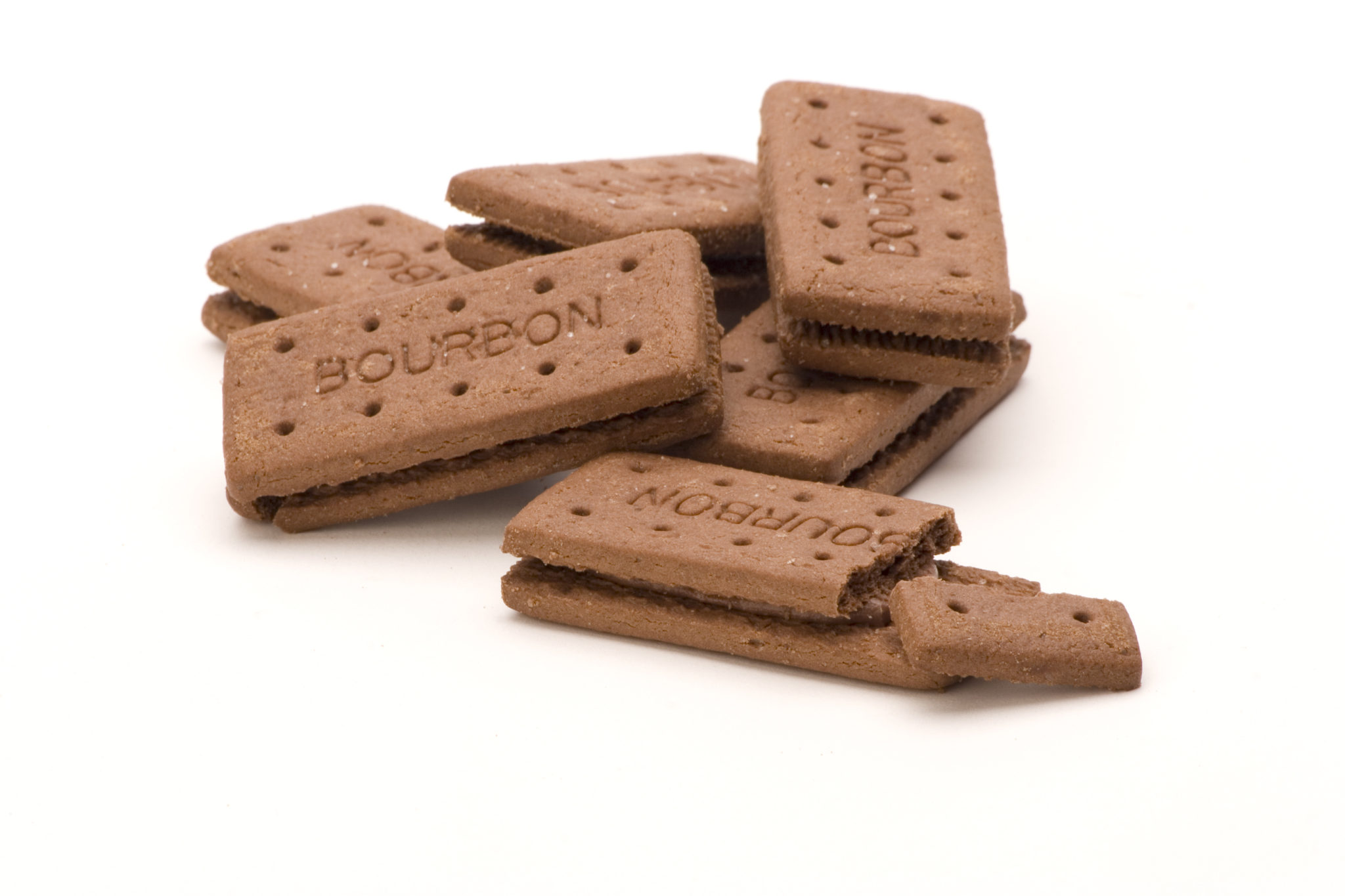
Like millions of other Briton’s, Wednesday night in the Norbury household is “Bake Off” Night. We pop the kettle on, grab a biscuit or three, and drool over the tasty treats on screen.
But this week, it wasn’t Mary Berry’s innuendoes of soggy bottoms, a good wobble and irregular-shaped balls that piqued my attention.
It was the story of Peek Frean & Co; the first mass producer of biscuits who employed over 4,000 people from when it opened in 1866 to when it closed in the late 1980s.
Their fascinating story has some impressive SCALE lessons from the Victorian Age that I’d like to share with you. So get yourself a brew, a biscuit, and read on…
In 1821, three brothers founded Peek Brothers and Co; a tea importation business based in the East End of London. By the 1840’s, the company was importing £5m of tea each year. And,by 1857, they’d expanded into the complimentary trade of biscuit making. With their business growing quickly, three years later they were joined by the son of renowned Scottish milling and biscuit making family, Carr’s.
From the outset, the owner had his end in mind, enabling him to set-up his new business and a benchmark to measure his results against as he grew.
In 1906, the company commissioned a documentary, “A Visit to Peek Frean & Co’s Biscuit Works”, which illustrated every stage in the biscuit manufacturing process.
From the delivery of raw materials, production of steam, moulding dough and baking biscuits; right through to the packaging and distribution, it was an insight into the whole journey. They achieved this on a mass scale thanks to the focus on the physical mechanics, machinery and factory workers.
Like many good employers of the Victorian age, the company developed an enlightened matriarch-like approach, giving many innovative benefits to its employees. At its Biscuit Town factory, as well as having an on-site Bank, Post Office and Fire station; employees and their families had free-to-use access to on-site medical, dental and optical services. And we thought Google were the
real innovators for their employees!
Staff were originally contracted to work 68 hours across a Monday- Saturday double-shift pattern, but this was reduced in 1868. However, staff didn’t get a reduction in their pay – it stayed the same.
The directors wanted to ensure that the workers didn’t indulge in “virtuous pursuits”, and so formed the first of the company’s paid-for societies, including a cricket club, musical society, and athletic and dramatic societies. Staff magazines also brought together a vast workforce.
Post-World War I, they set up a tribunal, through which workers could freely express and debate their concerns. This resulted in the company giving its employees a pension plan, plus a week’s paid holiday per year.
Former employee Graham Stephens, who worked there from 1957 until 1987, told BBC News that generations of families often worked at the factory: “Peek Frean & Company was a very friendly
firm, a very caring company for its employees. Working at the company became a tradition. Fathers and sons joined. As an employee you were really made a fuss over. We had great fun working at Peek Frean.”
Peek Frean’s success was largely down to getting the clarity and congruency through the implementation of the right systems, formations, processes and people.
The company continued to do well producing what were then the established form of biscuit that everyone else was also producing – a hard, square, dry style suitable for storage. But this widely
commoditised product was never going to reach their aggressive growth plans.
Whilst retaining their original positioning as a complimentary and co-marketing opportunity to the families tea company, they began introducing sweetened product lines and were the first in the world to do so.
They innovated the market and were responsible for developing the Garibaldi, the Pearl, the first ever chocolate covered sweet digestive, the golden puff and not forgetting the Creola, now known as the Bourbon. They even introduced us to the Cheeselets and Twiglets.
Among biscuit manufacturers today, Carr is still a demi-god: the first person who succeeded in making an industrial biscuit that was not tooth-shatteringly hard.
The firm knew they could not achieve their end goal if they continued to mass produce the same as everyone else. This alerted them to think of new strategies and innovations before it was too late to change.
Frean had already learnt that “Me Too” was a route to failure. And thanks to new product and market innovations they started exporting biscuits to Australia and agreed to fulfil an order from the French Army.
The French Government ordered a further 11 million sweet Pearl biscuits in celebration of the end of the Siege of Paris. The consequential consumer demands of emigrating French expatriate
soldiers allowed the company to start exporting directly to Canada.
With all this success came the inevitable, the expanding business needed bigger premises. Carr bought into the business by exchanging shares for the 10 acres of market gardens. Commissioning a new integrated factory, its resultant scale and sweet-emanating smell resulted in Bermondsey gaining the nickname “Biscuit Town”.
James Peek died aged 79 and Frean retired in 1887. The family exited and had nothing more to do with running business. Peek’s nephew became the first chairman of the now publicly listed company in 1901, but upon his death the Peek family had nothing more to do with managing the business. James Carr’s family remained actively associated with the business for several more generations.
In 1924, the company established their first factory outside the UK, in India and in 1949 they founded their first bakery in Canada which still today produces Peek Frean’s branded products.
A remarkable example of SCALE from start to finish and inspiring to see the heritage a British Victorian brand live on today thanks to a well-constructed expansion and exit strategy.
And to end on a quote from The Young Ones: “It’s quite interesting, you know, the number of biscuits that are named after revolutionaries. You’ve got your Garibaldi, of course, you’ve got your Bourbons, then of course you’ve got your Peek Frean’s Trotsky Assortment.”



